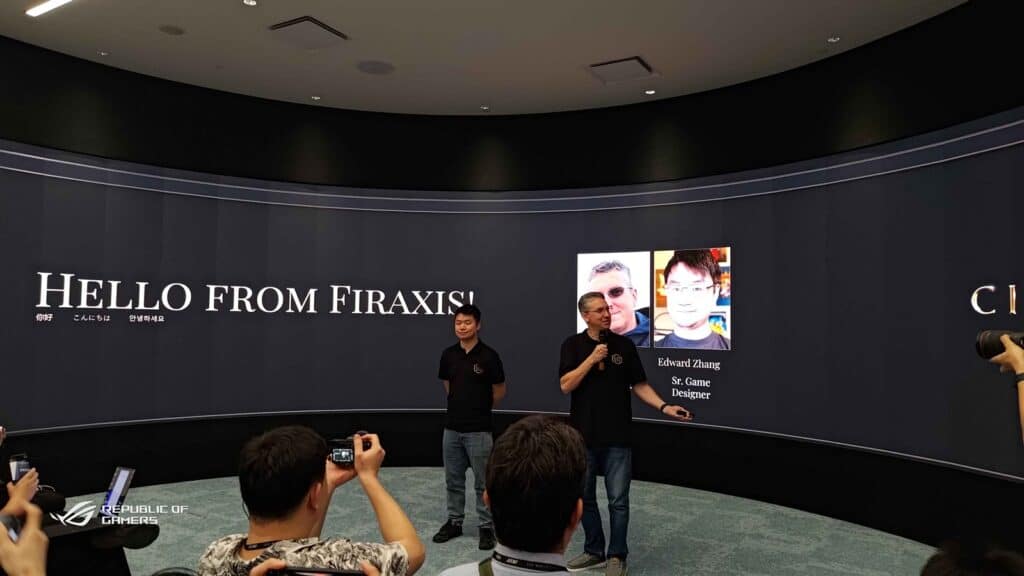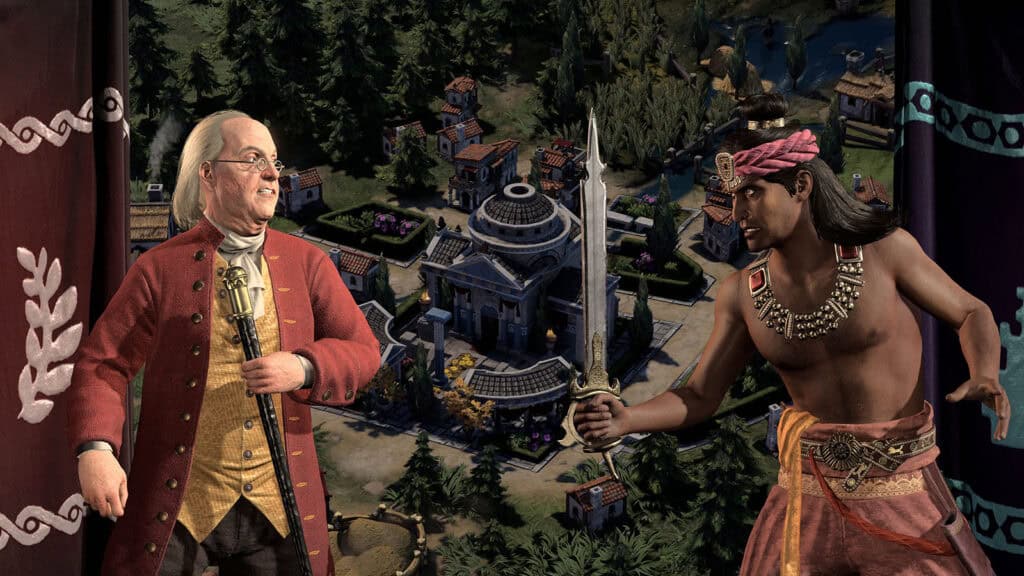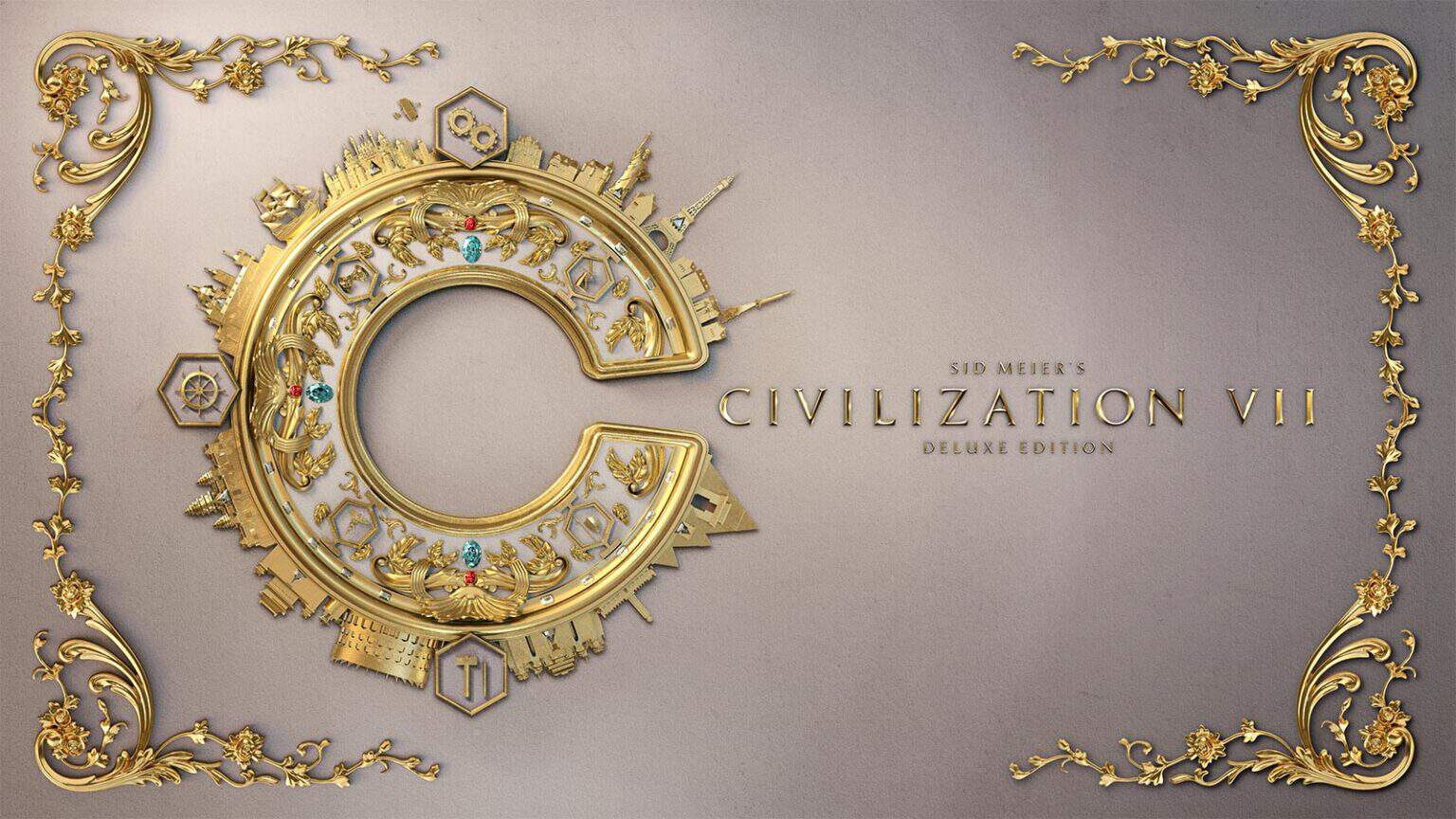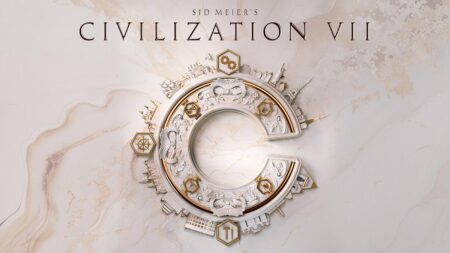In a recent Civilization 7 media event that transpired last week, Sirus Gaming had a chance to sit down and talk to Firaxis Games’ Senior Game Designer and Economics Lead, Edward Zhang, about the changes players will expect in the game.
Driven by community feedback, Zhang and his team focused on addressing quality-of-life issues that were the most common player complaints. ‘We are very much a feedback-driven studio,’ he said.

”We take feedback from Civ 6. We see what the players are frequently complaining about. They complained that halfway through the game, there was too much micromanagement, so we removed builders, we made the city and town differentiation, we introduced Commanders to pack units into one, so you don’t need to manage as many units late-game.” – Edward Zhang, Firaxis Games’ Senior Game Designer and Economics Lead
The newly added Commanders are a game-changer, serving as one of the most essential units to produce in Civilization 7. Not only do they combine multiple units into one powerful force, but they also boost the combat strength of those units within their adjacent tiles. With the removal of builders, players now directly choose which tile to improve when a city grows. Citizen resource management has also been removed. These changes address one of the most daunting tasks in any Civilization game: micromanagement.
One of the most common problems in 4X strategy games is the potential for players to find themselves in inescapable situations that escalate quickly, often leading to frustration and the need to restart the game from scratch. To address this, Firaxis has introduced a new campaign progression system called Ages.
“There are players who complain that halfway through the game, ‘I’m just down because I already won, or maybe I already lost. Time to restart a new game.‘ That’s a very common problem in 4X strategy games,” according to Zhang. “ We responded to those complaints with the Ages system, where you divide the game into three, and within each Age, we’re going to throw your civilization into a state of crisis.”

Crisis is a new feature in Civilization 7. It provides a logical conclusion to the end of an Age and represents challenges that real-world civilization went through. This decision was to put the player out of balance, a bit of a curveball to make the transition to the next age engaging.
“As you finish the end game, we’re going to reset you a little bit back to the beginning of the next Age. And you’re going to have a fresh new experience. I would say the most fun part of the 4X is usually the beginning.”
When it comes to artificial intelligence (AI), it often gets ahead of the curve or it sometimes doesn’t. In Civilization 7, Zhang explained that with the introduction of the Ages system, Civilization 7’s AI is smarter this time around compared to Civilization 6’s AI.
“Our AI team is bigger than ever. I think it really helped that we are using the Ages system because that contains the AI behavior within a certain box,” Zhang said. “As an AI, you don’t really need to worry about how can I navigate through the entire game. Rather, you can navigate through chunks of the game so you can be good at it.”
“The Ages system does wonders with AI as a whole. We have played an insane amount of hours trying to make the AI better in terms of combat, in terms of Legacy Paths, and I think it will really pay off at the end when players experience our AI,” Zhang said.
Dennis Shirk, the Executive Producer of Civilization 7, also shared his insights about the game’s newly improved AI. “ Imagine the carpet of doom, and I have to account for every one of those units, where I can go, where I can’t go every single turn; and evaluating that all the time versus what we have now where the AI knows I can pack this up and move a single unit and then deploy where they need to fight.”
Civilization 7 is launching on February 11, 2025, on PlayStation, PC, and Xbox.





